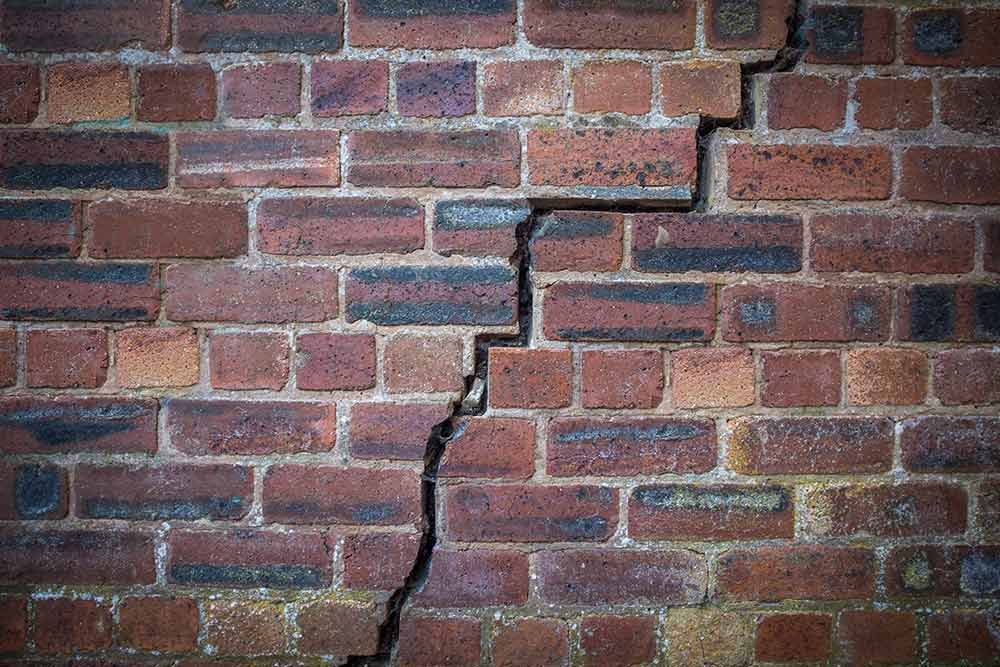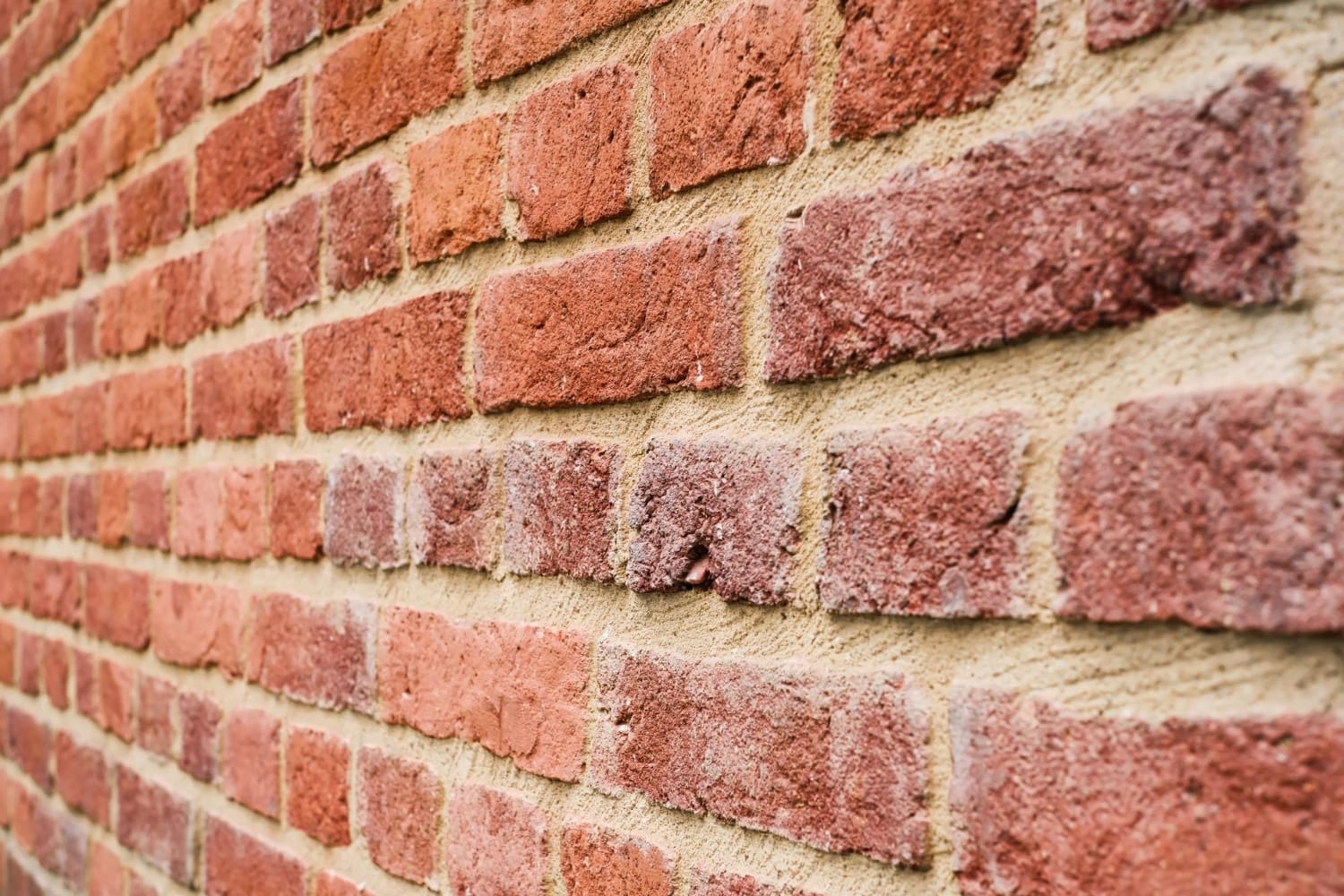Do Cracks In Brick Mean Foundation Problems?

Cracks in bricks can be an unsettling sight for homeowners and building owners. They can make you question not only the aesthetic appeal of your property but also its stability and structural integrity. This is a valid cause of concern since a house or building with a poor foundation can fall apart. The question then arises: “Do cracks in brick mean foundation problems?”
Read on to discover the connection between cracks in bricks and structural issues, the different types of cracks, their significance, potential causes, severity, and the necessary steps to address emerging foundation problems.
Understanding the Different Types of Cracks
There are different types of cracks, each varying in size, shape, and direction. Each type of crack can provide insights into the underlying issue.
- Lateral Cracks: These cracks typically run along the length of a wall. They are commonly induced by thermal expansion and contraction or ground movement. While most lateral cracks are minor and relatively harmless, wider or more significant cracks may indicate a more serious issue that requires professional attention.
- Diagonal Cracks: Diagonal cracks typically occur at a 45-degree angle. They can indicate differential settlement, where one part of the foundation settles more than another. These cracks may cause concern as they suggest potential home or building instability.
- Hairline Cracks: These cracks are thin and barely noticeable, often resembling a hair strand. While hairline cracks are generally not a cause for immediate concern, they can indicate potential structural movement or settlement early.
- Horizontal Cracks: Horizontal cracks that appear near the middle or upper part of a wall can be a sign of significant structural problems. They may indicate hydrostatic pressure from water pushing against the foundation or expansive soil exerting excessive force.
- Vertical Cracks: Vertical cracks are cracks that run straight up and down and can occur due to the settling of the foundation or shifts in the soil beneath. Vertical cracks, especially wider ones, should be closely monitored, as they could indicate a more serious structural issue.
- Stair-step Cracks: These cracks follow a diagonal pattern, typically originating from the corners of windows or doors. It is essential not to leave stair-step cracks unchecked as they act as indicators of foundation settlement or shifting.
Are Cracks in Brick a Sign of Foundation Problems?
Now that you understand the different types of cracks, it’s time to know their significance to the stability and integrity of your property’s foundation. Cracks in bricks can be a sign of foundation movement, settling, or other issues, which, if left unaddressed, can lead to more severe problems.
So are cracks in brick a sign of foundation problems? The answer is yes.
Cracks allow moisture to penetrate the brickwork, potentially causing further deterioration and compromising the structural integrity of the building. In addition, cracks can contribute to water intrusion, leading to mold growth, rotting of wood elements, and even damage to the property’s interior.
Moreover, the compromised integrity of the brickwork due to cracks can affect the overall stability of the building. The bricks act as load-bearing elements, transferring the structure’s weight to the foundation.
When cracks compromise their strength, it can lead to uneven distribution of the load, potentially causing structural shifts and movements. This can result in further damage, such as sagging floors, misaligned doors and windows, and even structural instability.
Identifying the Causes and Severity of Cracks
To adequately address cracks in bricks and potential foundation problems, it is essential to identify their causes and assess their severity. Several factors can contribute to the formation of cracks, including:
- Soil conditions: Expansive soil, which expands and contracts with moisture levels, can exert pressure on the foundation, leading to cracks in the bricks.
- Poor construction: Inadequate reinforcement, insufficient curing time, or the use of substandard materials during construction can result in cracks.
- Natural disasters: Earthquakes, floods, or severe weather events can cause significant foundation movement and cracks in the bricks.
When assessing the severity of cracks, it is crucial to consider factors such as crack width, length, and location. Generally, a professional should evaluate wider cracks, especially those wider than 1/8 inch, as they require immediate attention.
Addressing Foundation Problems
You should take prompt action if you notice cracks in your bricks that raise concerns about your foundation. Ignoring foundation issues can lead to more extensive damage and costly repairs down the line. Here are some ways to address foundation problems:
- Consult a professional: Contact a reputable masonry repair and restoration company, such as Detroit Brick Company, to thoroughly inspect your foundation and provide expert guidance on the necessary repairs.
- Foundation repair options: Depending on the severity of the foundation problem, various repair methods can be employed, such as underpinning, crack stitching, or helical pier installation. A professional assessment will help determine the most appropriate solution for your situation.
- Preventive measures: Once professionals have repaired the foundation, it becomes crucial for homeowners to actively implement preventive measures aimed at minimizing the risk of future issues. These measures may include installing proper drainage systems, maintaining consistent moisture levels around the foundation, and conducting regular inspections.
Final Thoughts
Do cracks in brick mean foundation problems? The answer is a definite yes.
Cracks in bricks can indicate underlying structural problems in a house or building. Thus, it’s important to familiarize yourself with the different types of cracks and take the necessary steps to address any foundation problems.
By consulting with a professional masonry repair and restoration company, like Detroit Brick Company, you can ensure a thorough assessment and expert guidance for the most effective solutions. Contact us today for a comprehensive evaluation of your foundation and to learn more about our brick foundation repair services.





